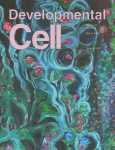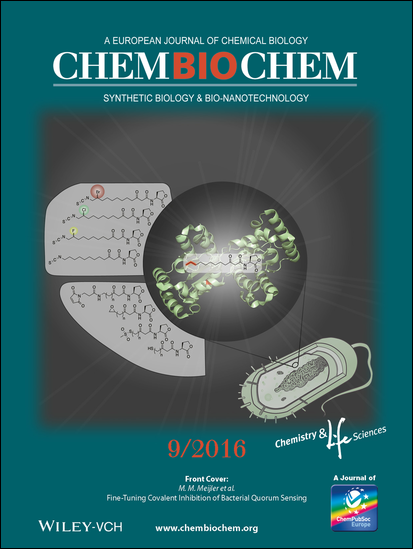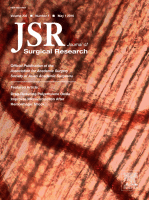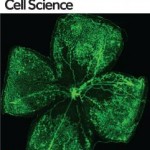 The authors of a Developmental Cell paper have retracted it after the first author admitted to manipulating and falsifying data and reagents.
The authors of a Developmental Cell paper have retracted it after the first author admitted to manipulating and falsifying data and reagents.
The problems came to light after the authors couldn’t reproduce the findings, about a mechanism underlying meiosis. When questioned about the matter, the first author of the paper, Saurav Malhotra, admitted to doctoring data and materials.
Here’s the retraction notice to the paper, “The Anaphase-Promoting Complex/Cyclosome Is Essential for Entry into Meiotic M-Phase:” Continue reading Dev Cell paper retracted after author admits to doctoring data
 It was
It was  We’ve found another retraction for
We’ve found another retraction for 

 A team of biologists have earned a fifth retraction for a paper containing manipulated images, following an investigation by the Swedish government.
A team of biologists have earned a fifth retraction for a paper containing manipulated images, following an investigation by the Swedish government.


